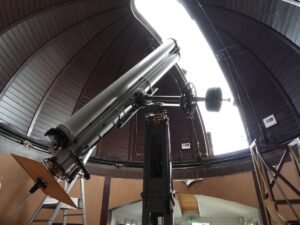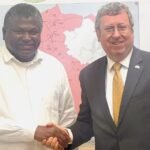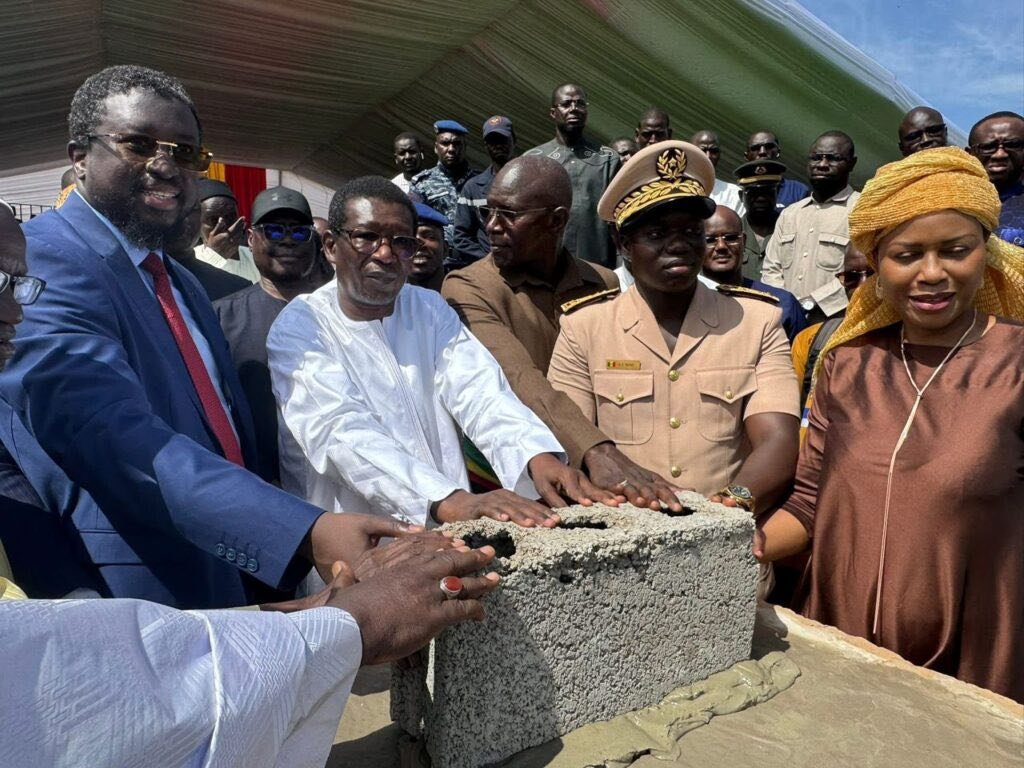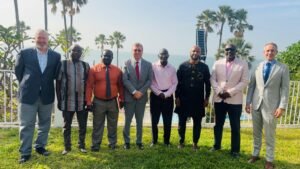In a monumental leap for Senegalese and African science, the Senegalese Agency for Space Studies (ASES) officially inaugurated the first Astronomical Observatory of Senegal (OAS) on Thursday, November 13, 2025. The observatory, located in Khombole in the Thiès region, represents a historic milestone in the nation’s growing space and scientific ambitions.
Equipped with cutting-edge technology, including a 600 mm main telescope and C14 telescopes, the OAS is designed to advance astronomical research, foster innovation, and train future scientists. It also houses the Institute of Astronomy and Astrophysics Training, positioning itself as a regional hub for education and scientific excellence.
“This is a defining moment for Senegalese science,” an ASES spokesperson said. “With the Observatory of Senegal, we are not only exploring the stars but also inspiring a generation to look toward them.”
Fully remotely piloted, the observatory will enable Senegal to collaborate with international scientific institutions, enhancing the nation’s participation in global space exploration and data-sharing networks. The OAS is expected to provide vital opportunities for advanced research in astrophysics, planetary observation, and satellite tracking, making Senegal a key player in West African astronomy.
In his statement during the launch, a senior ASES representative emphasized that the observatory symbolizes “a bridge between tradition and innovation.” The Khombole site, chosen for its optimal atmospheric conditions, will serve as a strategic base for observing celestial phenomena and collecting valuable scientific data.
 Beyond its technological achievements, the OAS carries a deeply educational mission. It will train students and researchers through hands-on programs in astronomy, astrophysics, and data analysis, creating pathways for Senegalese youth to pursue careers in the rapidly evolving fields of space science and technology.
Beyond its technological achievements, the OAS carries a deeply educational mission. It will train students and researchers through hands-on programs in astronomy, astrophysics, and data analysis, creating pathways for Senegalese youth to pursue careers in the rapidly evolving fields of space science and technology.
“This initiative reflects our determination to build a generation of scientists capable of leading Africa into the new frontier of space exploration,” said one of the project’s coordinators. “We want to show our youth that science is not foreign to Africa — it is our future.”
The observatory’s establishment is part of Senegal’s broader national space development strategy, an ambitious effort to position the country as a continental leader in science, technology, and innovation. It aligns with President Bassirou Diomaye Faye’s broader vision for sustainable development through knowledge, research, and digital transformation.
International partners have already expressed interest in collaborating with the OAS. The observatory is expected to participate in upcoming global astronomy networks, contributing to studies on planetary movements, star formations, and Earth observation.
 With this launch, Senegal joins a small but growing number of African nations investing significantly in space science infrastructure — a move that underscores the continent’s increasing commitment to technological sovereignty and scientific advancement.
With this launch, Senegal joins a small but growing number of African nations investing significantly in space science infrastructure — a move that underscores the continent’s increasing commitment to technological sovereignty and scientific advancement.
As the sun set over Khombole on Thursday, the newly established telescopes pointed skyward — a powerful symbol of a nation looking to the stars for knowledge, progress, and unity.
“This observatory,” said one attending scientist, “is not just a building or a telescope. It is a vision — one that tells our children that Africa, too, belongs among the stars.”











More Stories
Google hit with record EU fine over Shopping service
The man who saved thousands of people from HIV